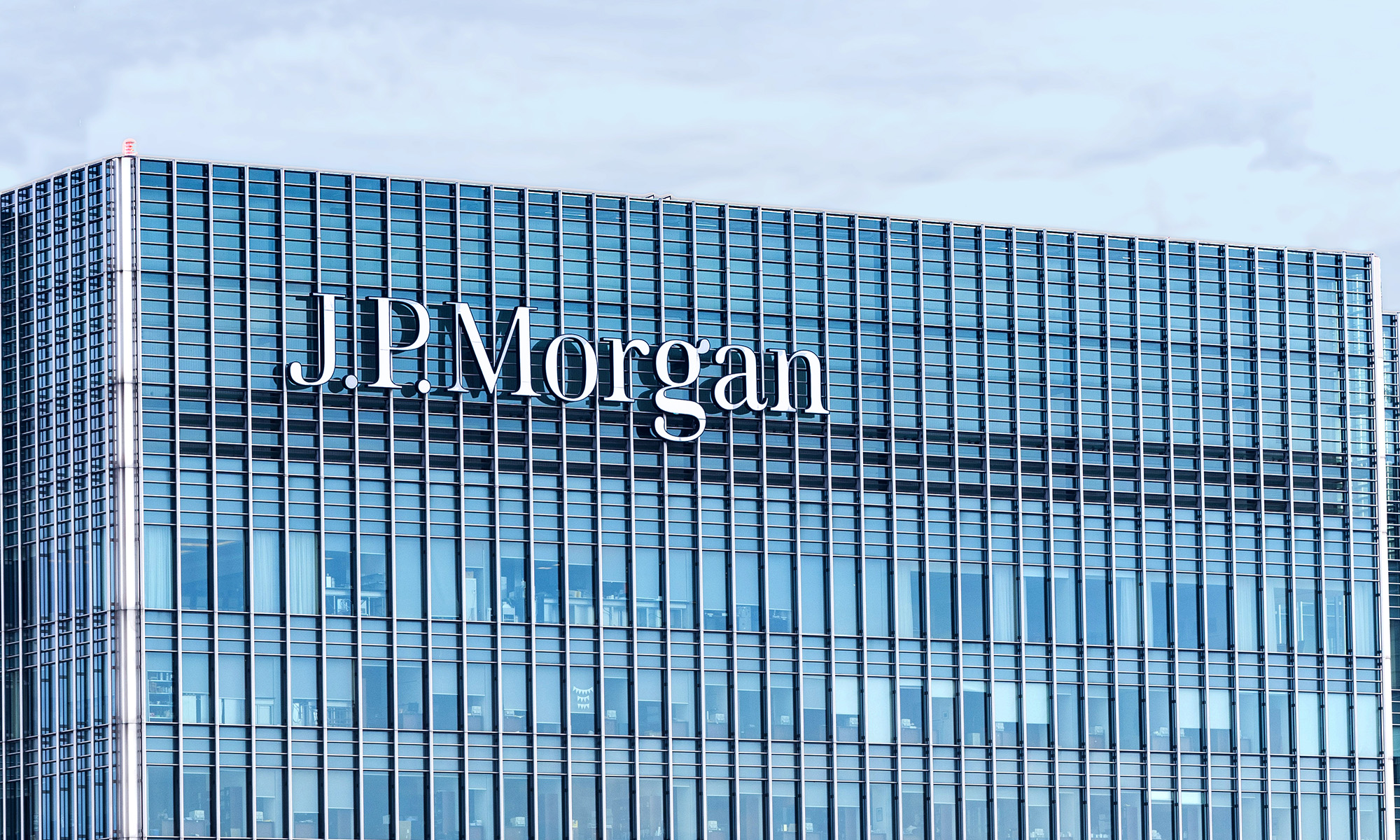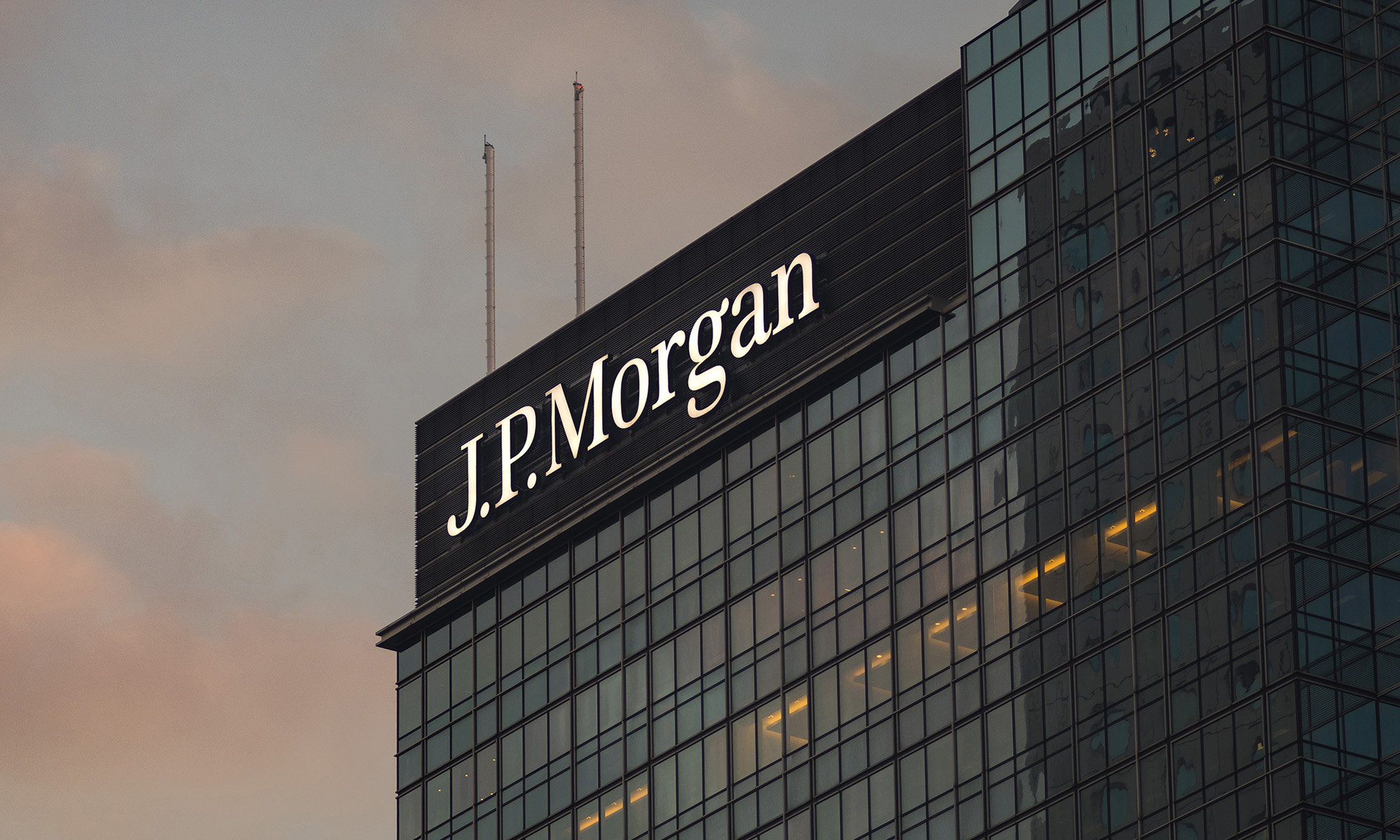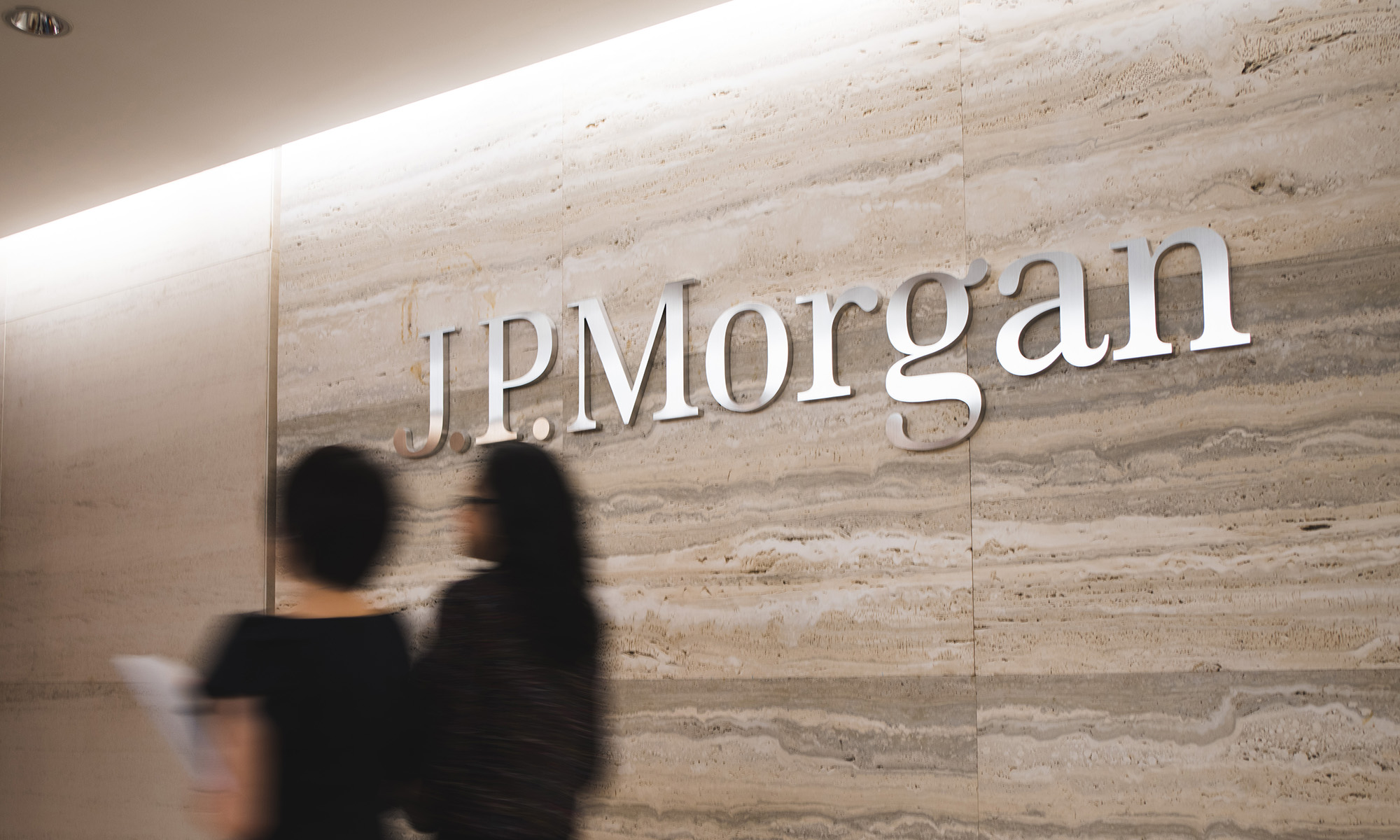
Few banks are better managed than JPMorgan Chase (JPM 0.17%). It's the biggest bank in the world's biggest economy. It didn't just survive the financial crisis of 2008-09; it thrived as a result of it. And it's led by one of our generation's greatest financial executives, Jamie Dimon.
But even great companies suffer losses. In this case, the concern is that our nation's largest multinational banks could soon feel the effects of China's economic struggles.
On Tuesday, the People's Bank of China reversed its years' long course by devaluing the Yuan. It's an ominous signal, as China's goal is to do just the opposite -- that is, to wean its currency from government intervention.
The news weighed on shares of America's banks on Wednesday, many of which have significant exposure to the East Asian country. JPMorgan Chase's stock price dropped 3.2% before recovering slightly and closing down by 1.5%.
Given this, shareholders of JPMorgan Chase would be excused for wondering how vulnerable the megabank is to China. One way to answer this is to look at its aggregate exposure, which you can see in the chart below.

The likelihood that JPMorgan Chase will lose anywhere near $17.7 billion seems to me to be infinitesimally small. And even if it does -- which, let me repeat, seems extremely unlikely -- that's still a fraction of its $241 billion in shareholders' equity. Say what you will about the New York-based banking giant, but it knows how to manage risk.
At the same time, it isn't unreasonable to assume that, if the situation in China continues to deteriorate, then even a risk manager as well-heeled as JPMorgan Chase could begin to see China-based borrowers default at a higher rate than previously expected.
It's for this reason that investors should also have a sense for the nature of JPMorgan Chase's exposure. How much of it consists of loans? How much relates to the ownership of China-based securities?
The answer to these questions can be found in the chart below, which uses data from JPMorgan's latest quarterly filing with the Securities & Exchange Commission.

At the end of the day, it's anyone's guess how things will progress in China. Things may take a turn for the worse or they may improve. But either way, knowing the potential extent of direct harm to your investments is worth keeping close tabs on.






